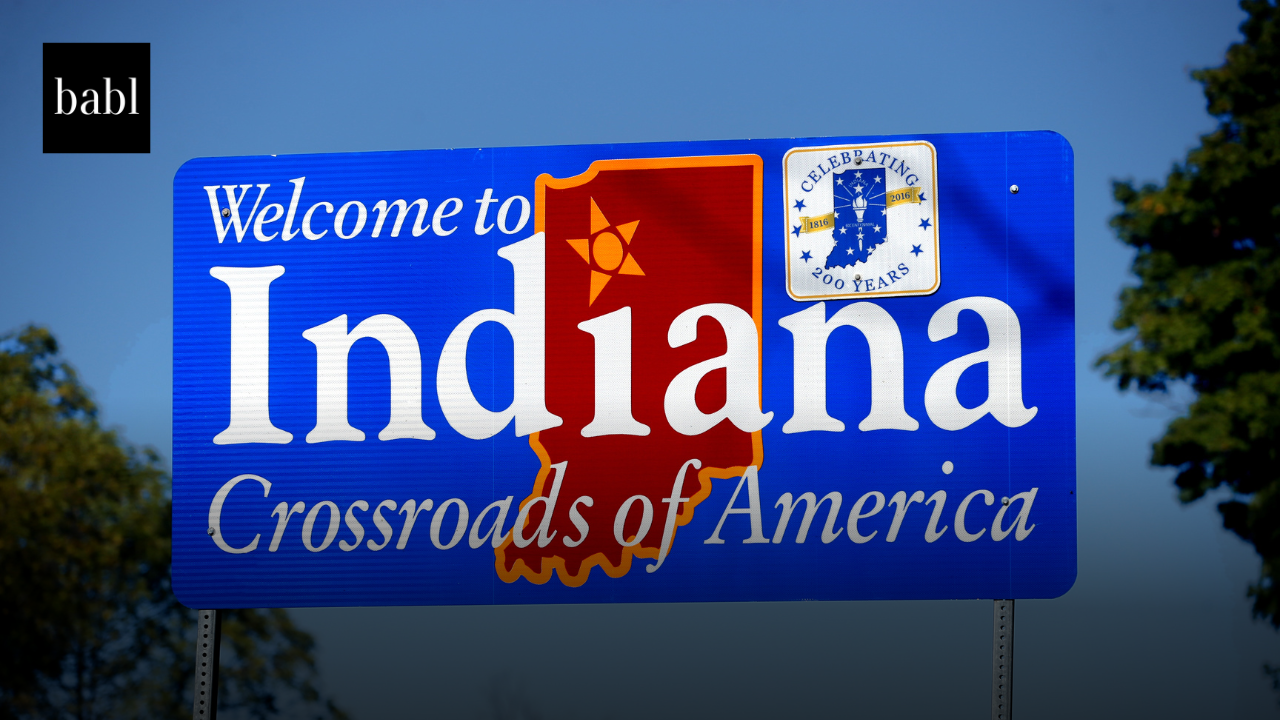UPDATE – FEBRUARY 2026:
Indiana Senate Bill 7, introduced in January 2024 to criminalize election-related deepfakes, failed to pass. The bill was adjourned without advancing through committee and is not currently in force. Indiana has enacted other AI-related election laws, but SB 7’s specific provisions are not among them.
ORIGINAL NEWS POST:
Indiana Senate Bill Seeks to Criminalize Election Deepfakes
It’s a big election year in the United States, which is why another bill dealing with generative AI and deepfakes is being considered. Indiana’s Senate Bill 7 was introduced on January 8. It would make it illegal in Indiana to disseminate certain types of fabricated media depicting individuals without their consent in the 90 days preceding an election.
The bill defines “fabricated media” as audio, visual, or video content generated by AI that falsely depicts an individual’s speech, conduct or appearance without their permission in a way that is materially inaccurate or unrecognizable as altered. Also, this includes deepfakes that digitally alter recordings to misrepresent someone’s speech or actions, or AI creations of fictional speech or conduct mimicking a real person.
The bill prohibits disseminating such fabricated media if:
- The person knows or should know the media is fabricated
- It depicts an individual without their consent
- It is within 90 days of an election
- It is intended to injure a candidate or influence an election
- It lacks a disclaimer stating it contains digitally altered or AI-generated elements
- It is intended to incite violence or is part of repeat violations (enhanced penalties)
Civil Enforcement and Emergency Provisions
By banning distribution of unauthorized AI fabrications aimed at elections, the bill seeks to protect voters from deception and manipulation. The required disclaimers would alert viewers that media has been digitally faked. The bill aims to balance free speech with an interest in fair and honest elections and preventing voter confusion from deepfakes and synthetic media.
Therefore, attorney general, prosecutors, depicted individuals, or injured election candidates could file civil suits to enjoin dissemination. Courts must expedite hearings on such suits. An emergency clause would make the bill effective immediately upon passage. Also, the bill adds fabricated media violations to the list of election crimes in state code. So far the bill has been referred to the state Corrections and Criminal Law Committee for consideration.
Need Help?
If you’re wondering how this regulation, as well as other AI regulations could impact you, reach out to BABL AI. Therefore, their Audit Experts are ready to help you with your concerns and questions while providing valuable assistance.





